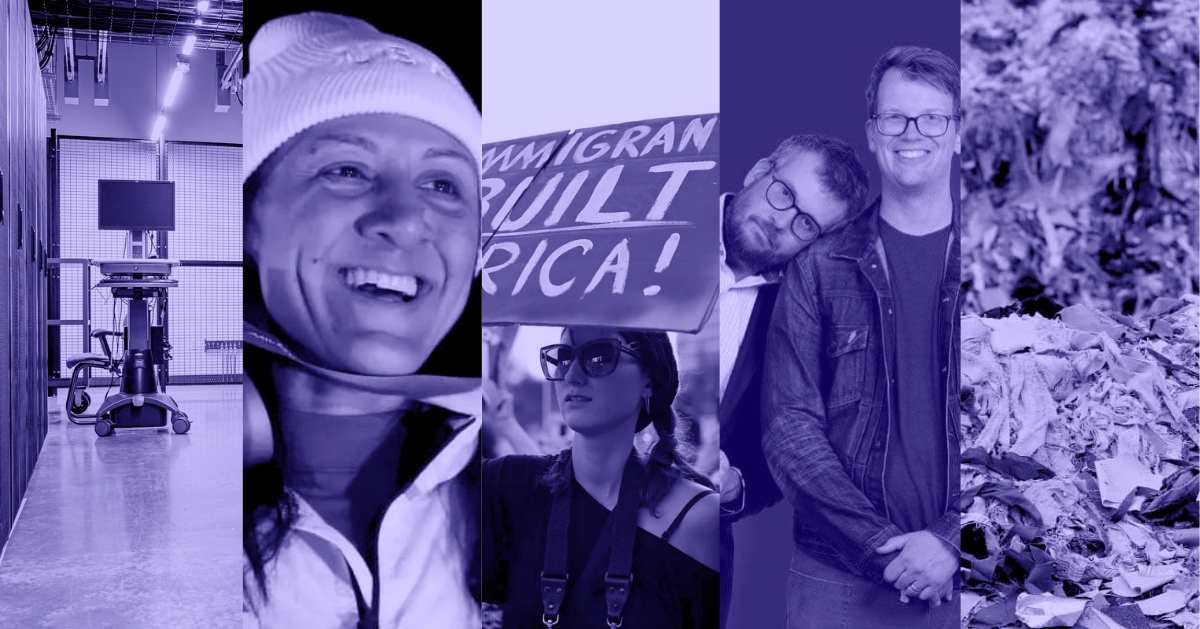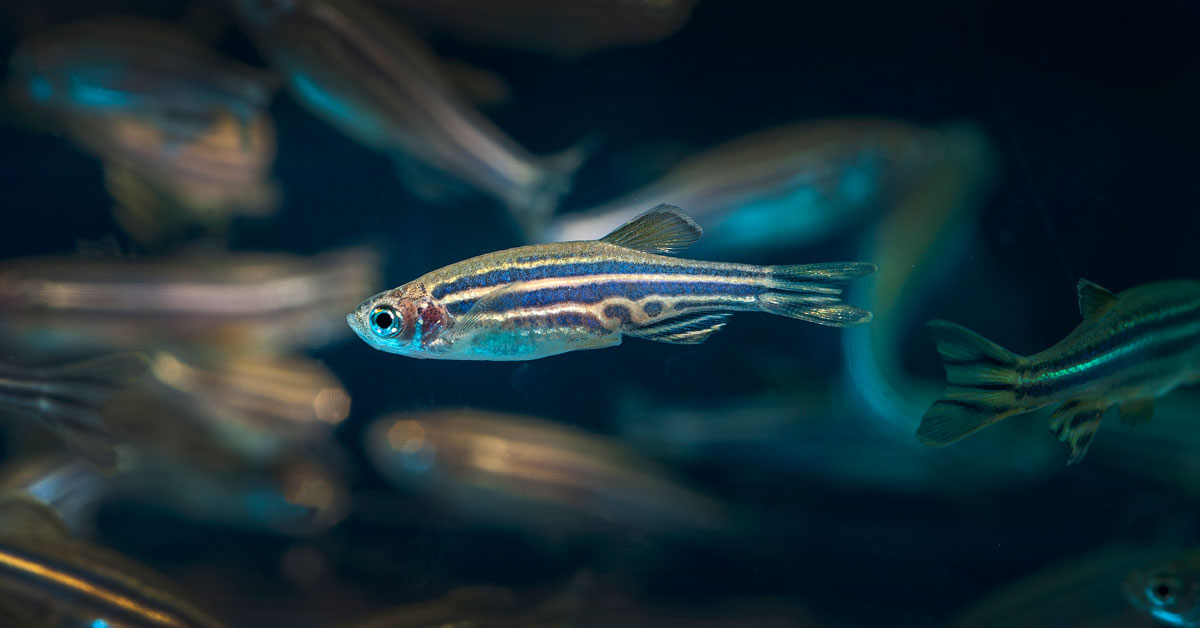Growing up, Ella Casano was no stranger to hospital rooms.
At 7 years old, she was diagnosed with Idiopathic Thrombocytopenia Purpura, a chronic disorder that destroys the platelets in her blood, leaving her at risk for injury and internal bleeding.
Every six to eight weeks — for seven years — Casano was in and out of her local outpatient clinic so she could receive life-saving transfusions.
For Casano, it was rarely a comforting experience.
So at 13, she invented something to help sick kids like her face medical care with less fear: the Medi Teddy.
“From the front, the patient sees a friendly stuffed animal, rather than a bag of medicine,” Casano told Kidskind in 2020, holding up a specially-made teddy bear to the camera and showing how IV bags and blood bags can be slipped inside.
“Through the mesh back, the doctor or nurse can check to see how much medicine is left,” she explained.
In the last five years, Casano’s invention has evolved into Medi Teddy Inc., a fully fledged nonprofit.
Thanks to charities and sponsors, the organization has sent thousands of Medi Teddy IV covers to young patients all over the world.
Today, the Medi Teddy comes in two models: a personalized, washable “Bailey” plush with a stretchy mesh rear pouch and a silicone “Hope” bear designed for hospitals to reuse with multiple patients.
The latter model comes with a washable tummy so that hospital staff can personalize the silicone teddy with patient names and encouraging messages. It can also be sanitized with ease.
Casano came up with the remodel in the early days of Covid-19 lockdown.

“During the pandemic, hospitals didn’t really want to take plush products,” Casano told WTNH, a television station based in New Haven, Connecticut.
In addition to her releasing the new “Hope” silicone Medi Teddy, Casano has had her hands full spearheading a fundraising mission so she can provide the Medi Teddys to families in need for free.
“I’m just happy to be able to continue to send Medi Teddys to patients who are going through so much and I do hope they provide them with comfort and a smile, things like that,” she said.
In addition to managing the nonprofit, Casano is currently preparing for freshman year at Stanford University. At 18, she still has ITP and manages her condition through medication.
And although she no longer requires transfusions, those early days continue to stick with her.
On her nonprofit’s official website, Casano wrote: “I never forgot how scary those early days of infusions were for me and I wanted to help other kids who felt like I did.”
Header image via Medi Teddy Inc.



